Care drain threatens needy countries
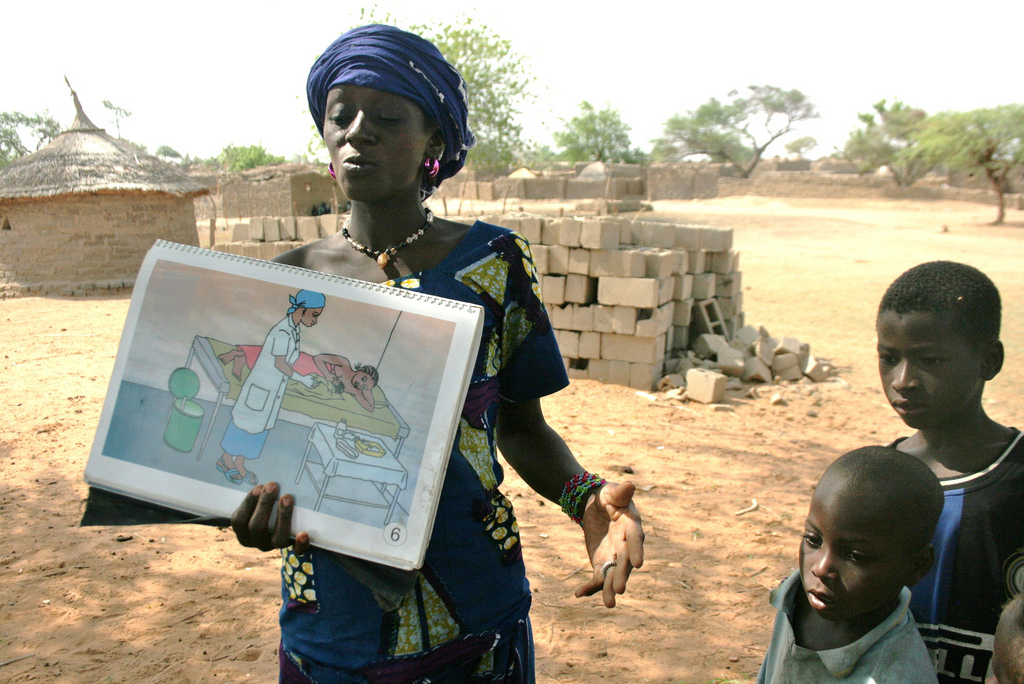
Switzerland is facing a dearth of health workers, but nothing like the shortages in developing countries where doctors and nurses have left for better opportunities.
To combat this problem, a coalition of Swiss health and humanitarian organisations has written a manifesto that addresses the worldwide need for properly trained healthcare professionals.
Medicus Mundi Switzerland, the Basel-based network of Swiss organisations active in international healthcare, published the ten-point manifesto on Monday.
It calls for action to improve working conditions for health professionals both in Switzerland and abroad. In particular, it discourages Switzerland from poaching health workers from needier nations.
“It’s very short-term thinking when developed countries like Switzerland meet their own shortages in healthcare workers by – directly or indirectly – recruiting from countries of the global south,” state the 26 organisations that have signed the manifesto.
They also cite the World Health Organization (WHO) code of ethics condemning this practice – a code that Switzerland signed off on in May 2010.
Severe shortages
It is estimated that every year, Switzerland educates about 5,000 too few new healthcare workers. Yet while Switzerland has about 30 doctors or nurses for every 1,000 residents, the statistics are vastly different in other places.
According to the WHO, 57 countries have fewer than three doctors, nurses or midwives for every 1,000 people. Making matters worse, many of these health professionals emigrate to work in more developed countries for better pay.
“Switzerland must refrain from actively recruiting from countries suffering from an acute staffing shortage,” said Medicus Mundi board member Martin Leschhorn Strebel at a media conference in Bern on Monday.
Yet workers will immigrate to Switzerland regardless of whether they are actively recruited or not.
“It would be good to have a registry of foreign people coming to Switzerland to work in hospitals or in private care. If we knew how many there were, and where they were, then we could also talk to them,” Christine Rutschmann of the Swiss Red Cross told swissinfo.ch.
“Some are going back to their home countries, and maybe they’re interested in collaborating on projects run by the local ministries of health.”
She shared statistics about Bulgaria, noting that 600 doctors had been trained there in 2011. However, some 600 doctors and 1,000 nurses leave for Western Europe every year – often to care for elderly people. In Bulgaria their monthly salary ranges from €200-500 (SFr240-605) per month – far less than what they can earn abroad.
Keeping workers happy
Roswitha Koch of the Swiss Nursing Association says that in theory the solution is easy: every country – regardless of its wealth – has to train enough health workers and do everything to keep them in the national health system. But in practice it is more complicated than that.
Within Switzerland she calls for more openings for trainees as well as enough funding to help finance their education. In addition, she notes that the working conditions have to improve. Koch says that while it is generally a good profession, unsatisfactory conditions are the reason why the average care worker quits after just ten years.
Koch also highlights the importance of improving the situation for healthcare workers around the world.
“If you have to work far out in the countryside where there is no school for your children, no running water, no proper housing – then you are not motivated to go there. These are areas where Swiss development cooperation could invest,” Koch told swissinfo.ch.
Swiss compensation
Svend Capol, president of the Swiss Organisation for Health in Africa, worked as a doctor in Lesotho for two and a half years. He can understand that medical workers from poor countries might want to experience what it is like to work in a state-of-the-art facility abroad.
“Everyone should have the freedom to choose,” Capol told swissinfo.ch. “We can also offer something to the people who stay there, whether it’s topping up the salaries or supporting schooling for children, or housing. There are different benefits that we can have a look at and that we would also support.”
As Koch puts it, Swiss development cooperation could be a way of compensating for the care drain that occurs when medical professionals come to work in Switzerland.
There are about 60 million health workers worldwide. About two-thirds provide health services, such as doctors, nurses, midwives, pharmacists, laboratory technicians. The other one-third are management and support workers, such as hospital managers, financial officers, cooks, drivers and cleaners.
Over the last 30 years, the number of migrant health workers increased by more than 5% per year in many European countries. In countries of the Organisation for Economic Co-operation and Development (OECD), around 20% of doctors come from abroad. In some Gulf States, such as Kuwait or the United Arab Emirates, more than 50% of the health workforce are migrants.
Nurses from the Philippines (110,000) and doctors from India (56,000) account for the largest share of migrant health workforce in OECD countries.
Over 50% of highly-trained health workers leave for better job opportunities abroad in some low-income countries. The top 10 countries with highest expatriation rates for doctors are Haiti, Saint Vincent and the Grenadines, Trinidad and Tobago, Tanzania, Sierra Leone, Fiji, Angola, Mozambique, Guyana, Grenada and Antigua.
(Source: WHO 2010)
Medicus Mundi is an international organisation related to the WHO dealing with health care development. Medicus Mundi Switzerland is the network of Swiss organisations working in the field of international health.
Medicus Mundi Switzerland promotes the sharing of knowledge and know-how among its members and partners.

In compliance with the JTI standards
More: SWI swissinfo.ch certified by the Journalism Trust Initiative
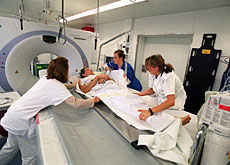
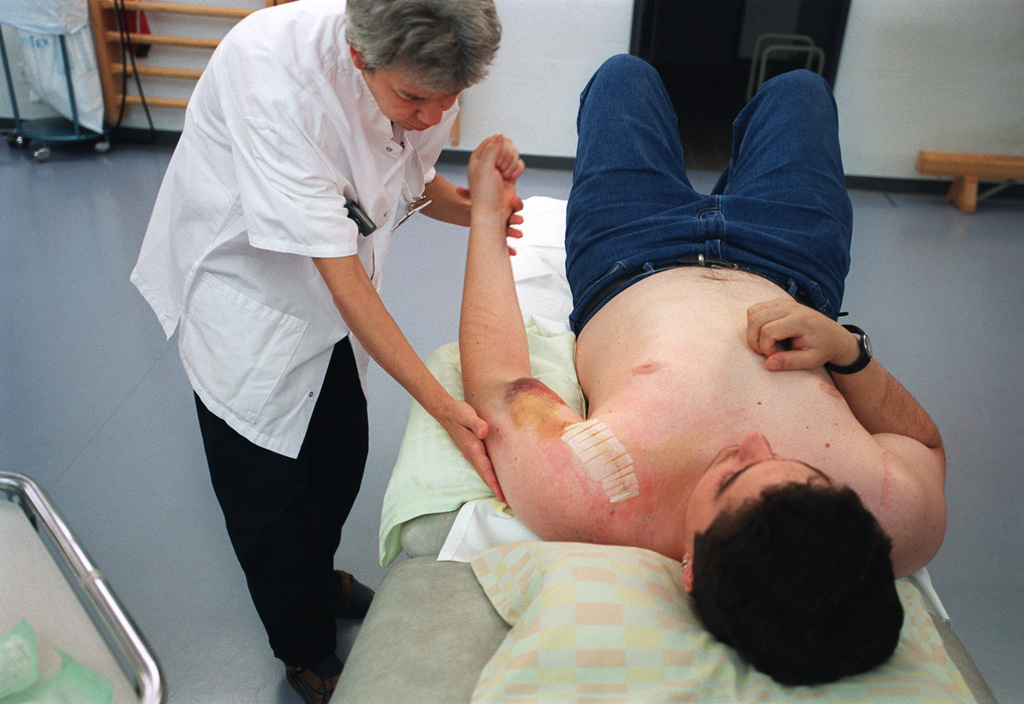
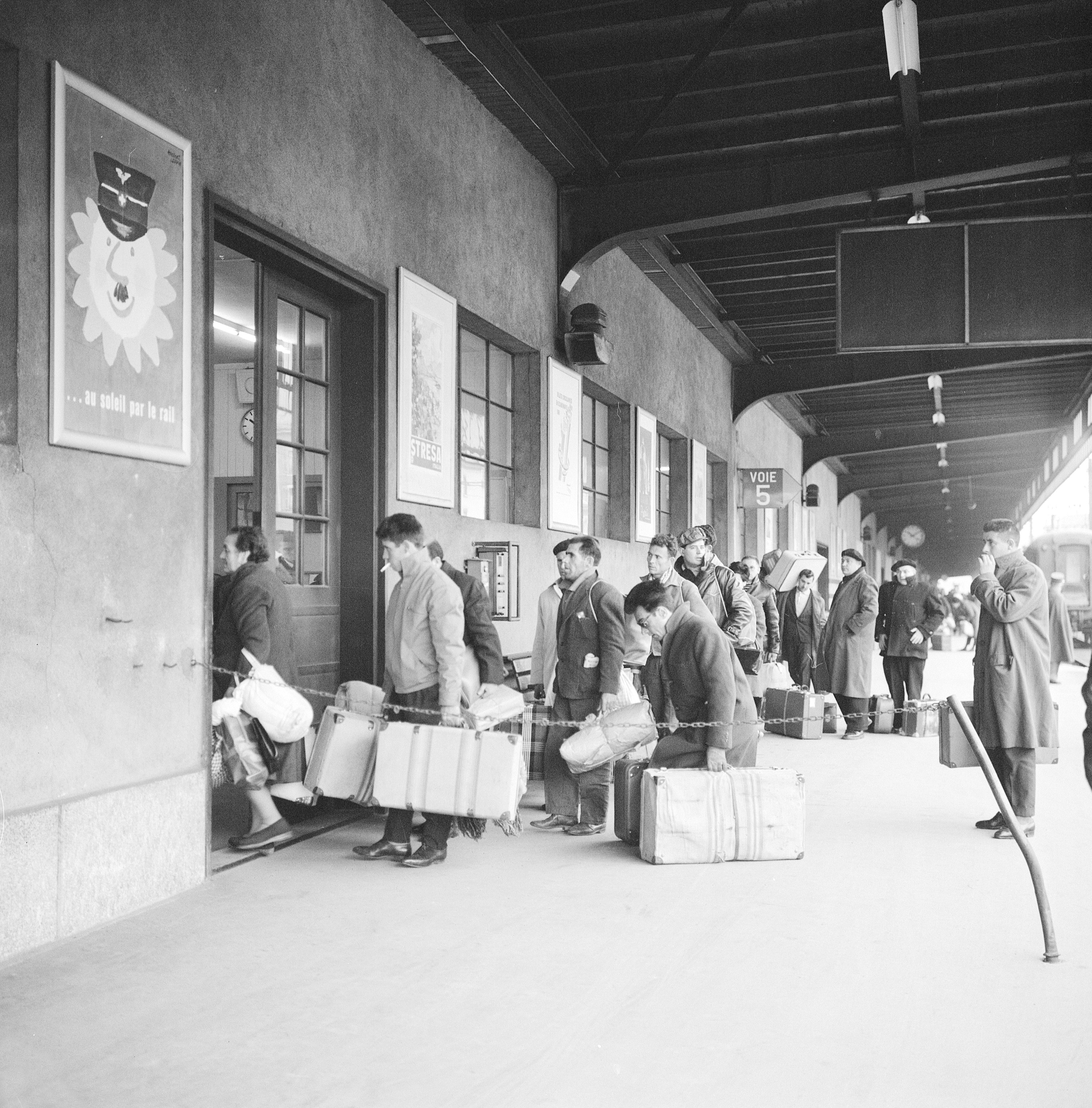
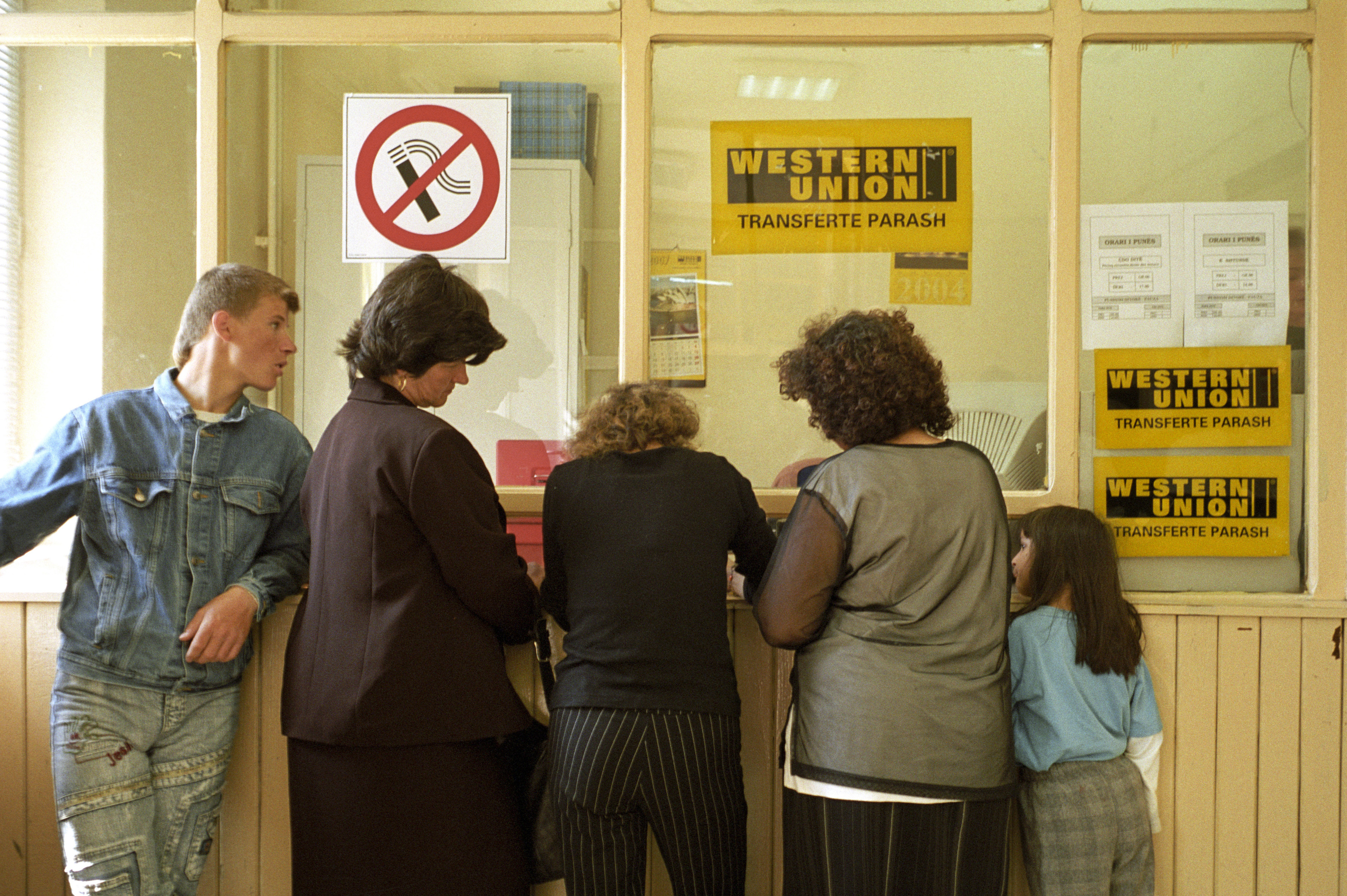
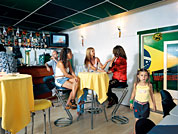
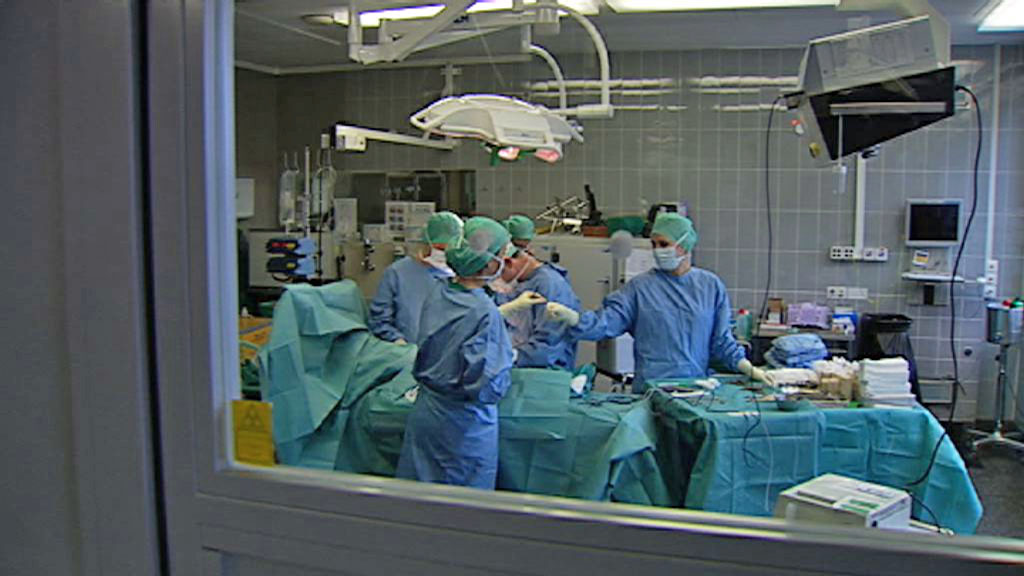
You can find an overview of ongoing debates with our journalists here. Please join us!
If you want to start a conversation about a topic raised in this article or want to report factual errors, email us at english@swissinfo.ch.